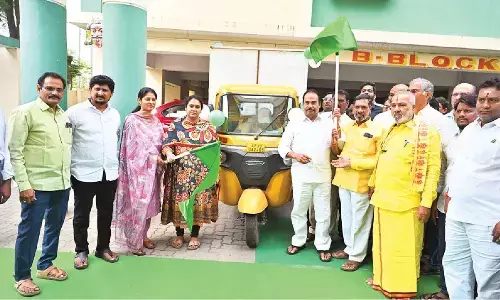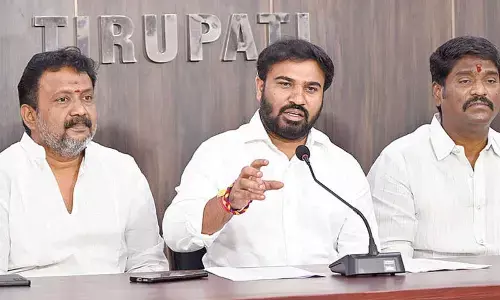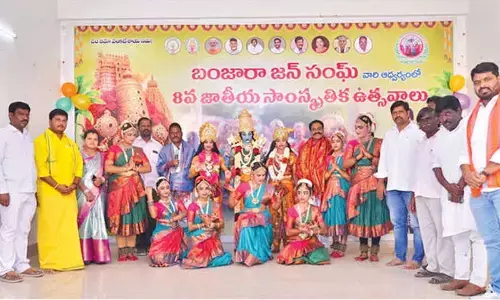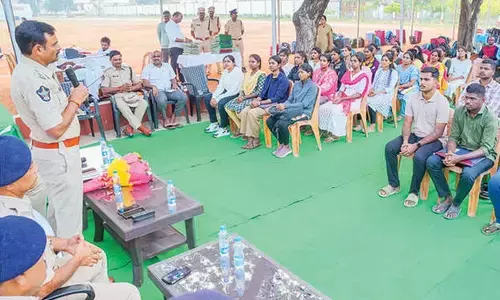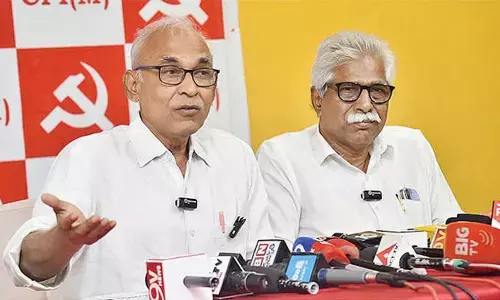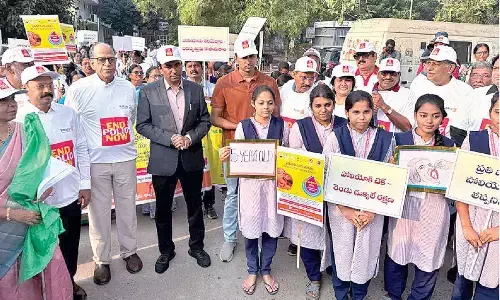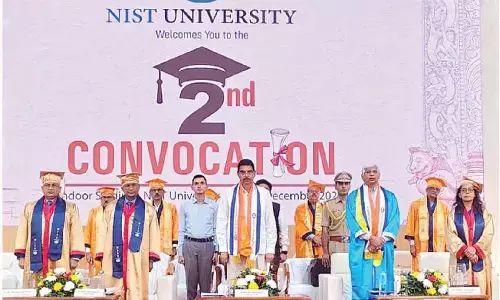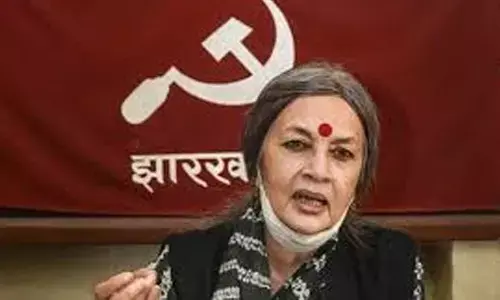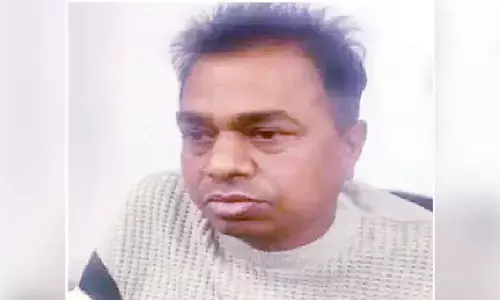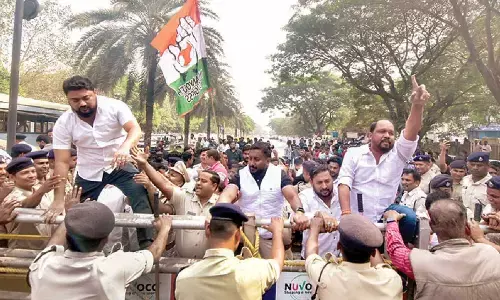Dr. Gullapalli Nageswara Rao, Founder of L V Prasad Eye Institute Highlights the Urgency to Expand Infrastructure for Corneal Transplants in India
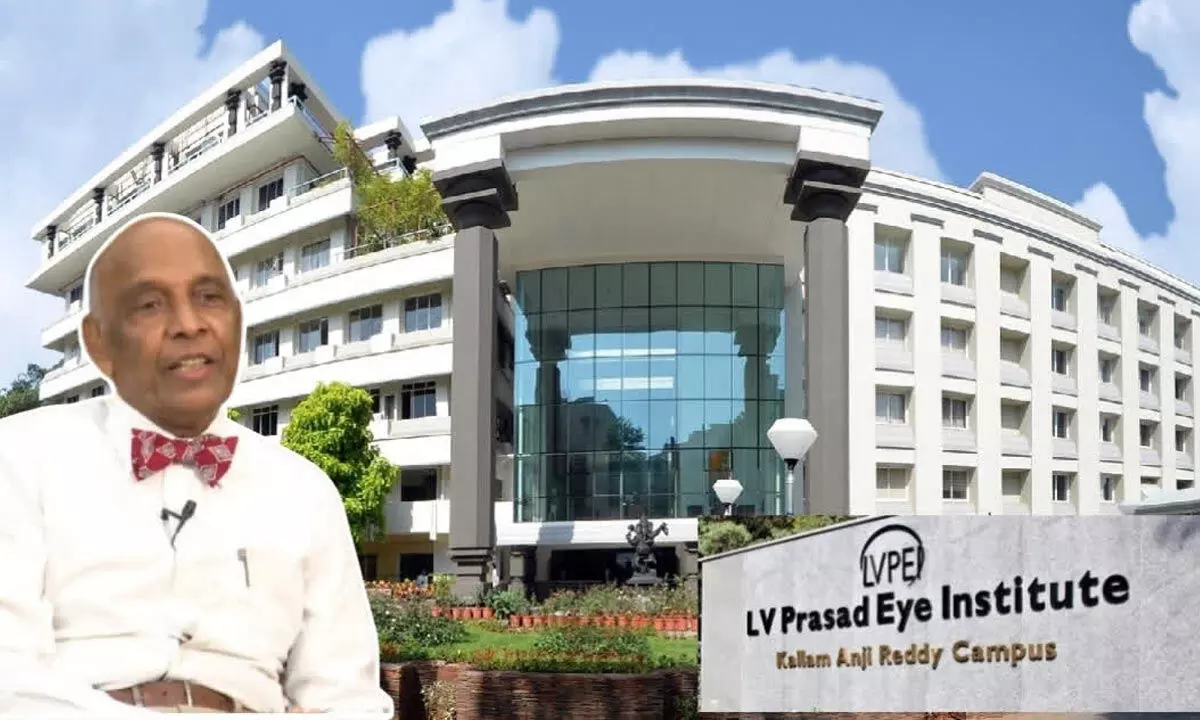
- Policies and infrastructure to be created for a robust, self-reliant system to eliminate corneal blindness.
- 50 new Eye Banks meeting international standards to be established nationwide
- 500 Corneal Surgeons to be trained to bridge the need and skills gap
- Goal to double annual corneal transplants from 30,000 to 60,000.
- Institution of Hospital cornea retrieval programmes in 500 major general hospitals along with placement of grief counsellor and linked to the eye banks.
Dr. Gullapalli Nageswara Rao, Founder of LV Prasad Eye Institute (LVPEI) today highlighted the critical shortage of corneal transplants in India and the urgent need for significant improvements in the country's corneal healthcare infrastructure. The occasion was the announcement of a historic milestone by LVPEI's Shantilal Shanghvi Cornea Institute of becoming the world's first and only institution to complete 50,000 corneal transplants as of August 2024. Achieved over 38 years, the accomplishment underscores the institute's leadership in the field and its unwavering commitment to eye care.
Dr. Gullapalli Nageswara Rao, Founder, of LV Prasad Eye Institute said, "India is facing a severe shortage of corneas for transplantation with demand far exceeding our capacity to meet it. With this gap widening each year, we must take immediate and comprehensive action to prevent millions from losing their sight. While some believed it was impossible to establish advanced corneal services in India, we have proven otherwise. Our success serves as a model that can be replicated nationwide to eliminate corneal blindness and encourage organ donation. We must expand corneal donation programmes, establish more eye banks, institution of the hospital cornea retrieval programme and develop comprehensive policies to build a robust corneal healthcare system in India. The goal must be to build a sustainable, self-reliant corneal healthcare system. With collaborative efforts, we can restore sight to millions of Indians suffering from curable corneal blindness."
India faces a pressing public health challenge with approximately 100,000 corneal transplants required annually to combat corneal blindness—a condition affecting an estimated one million people nationwide. Currently, the healthcare system can only provide around 30,000 transplants each year, leaving a huge gap between demand and supply.
By 2030, the goal must be to increase the number of corneal transplants from 30,000 to 60,000 annually. The eye bank network must be expanded with at least 50 standard eye banks nationwide, each requiring an investment of approximately ₹1 crore. The Hospital cornea retrieval programmes should be instituted in 500 major general hospitals along with placement of grief counsellors and linked to the eye banks. A pool of Cornea Specialists must be readied by training at least 500 ophthalmic surgeons capable of performing corneal transplant surgeries.
Dr. Rao outlined a multi-faceted approach to address the shortage with state-of-the-art facilities that meet international eye banking standards, recruiting and training cornea specialists and ophthalmologists to increase surgical capacity, and encouraging the local pharmaceutical industry to produce medications essential for corneal care.
Awareness campaigns must emphasize the importance of donating corneas after death. Grief counselors are crucial in encouraging families to donate corneas. The government and the private sector must ensure funding to improve their salaries and expand their presence in hospitals nationwide. Hospital cornea retrieval programmes must be implemented in every tertiary hospital that offers corneal transplantation services.
Demography plays a significant role in access to care with states lacking sufficient cornea specialists having longer waiting lists and greater backlogs. Training more specialists and distributing resources evenly can help ensure equitable eye care nationwide.
Stakeholders at all levels, including government, the private sector, and the medical community, must join forces to overcome this challenge. Everyone must work together to create policies, allocate resources, and raise awareness about corneal donation.








